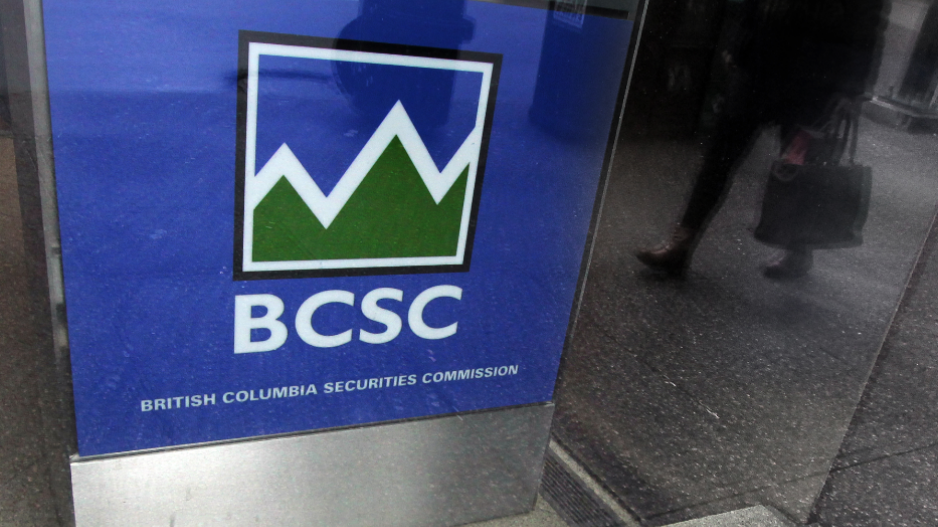Representing a Vancouver-based financial technology firm in its bid to secure a stock market listing through a reverse takeover should be straightforward. But lawyer Christine Duhaime recalls it turned into a costly ordeal for one of her clients.
“They had a million roadblocks. Questions after questions after questions after reviews. And they finally withdrew.”
Duhaime added that her client was already $250,000 in the hole in brokerage and accounting fees.
She said the story has turned into legend through the Vancouver tech community, and not many fintechs have much interest in getting listed anymore.
“Canada, to be honest, is really slow getting behind the whole idea of fintech and trying to be supportive on a regulatory front.”
But Duhaime said provincial regulators appear to be on the right track following the January 24 launch of a dedicated “tech team” to assist fintechs with navigating regulations.
The BC Securities Commission’s (BCSC) four-person team is composed of members of the regulator’s corporate, finance and capital markets teams.
The BCSC also launched a new fintech web page and is surveying industry members.
Mark Wang, the BCSC’s director of capital markets regulation, said the regulator is trying to get a sense of the challenges businesses face and gauge industry awareness of regulations.
“We’re seeing a lot more coming our way that’s technology- and fintech-related than what we were seeing five, 10 years ago,” he said. “It’s just a sea change.”
In 2010, there were five fintechs operating in B.C. That number has grown to 29, according to BC Tech Association figures.
The BCSC’s initiative follows that of the Ontario Securities Commission (OSC), which unveiled its LaunchPad program in October. It includes a fintech advisory board and discussion sessions with fintechs operating in Ontario.
“It is early days. As I’ve said to other people, we’re not a substitute for legal advice. We’re providing the benefit of our regulatory experience, and I think that’s where businesses are really seeing a benefit,” said OSC LaunchPad chief Pat Chaukos.
“That’s always the challenge as a regulator in terms of managing expectations. Up to now we’ve been able to meet with most firms, and I think they’re coming in to talk to us at a very early stage, which is a good thing.”
She said if the OSC isn’t in contact with a fintech until late in an online platform’s development, it can become prohibitively expensive for the company to build in compliances.
“We’ve also had firms come in with legal counsel because obviously we’re looking at very new technology – this is a new space for all of us, including professional advisers. So we’re all learning and figuring out what’s the best way to go forward to allow these businesses to operate but at the same time make sure we’re building in investor protection measures.”
Merchant Advance Capital CEO David Gens said he’s pleased the regulator is taking steps to reach out more proactively to fintechs.
“Every small, growing fintech company is constrained in terms of resources. So every decision to put yourself in a more regulated position is taken very carefully because if it’s going to suck up all your resources, you might not have time for it. We’re always making sure we’re on the safe side of the equation. We’re not trying to ask for forgiveness later.”
But both Gens and Duhaime said many fintechs face hurdles to becoming successful in Canada because they have to deal with different regulators and different rules in each province.
“Nobody from anywhere … wants to come and deal with 10 different securities regulators,” Duhaime said. “Whether they like it or not, [regulators] all need to get into a room for the sake of technology in Canada and figure this out and have one national system.”
@reporton



